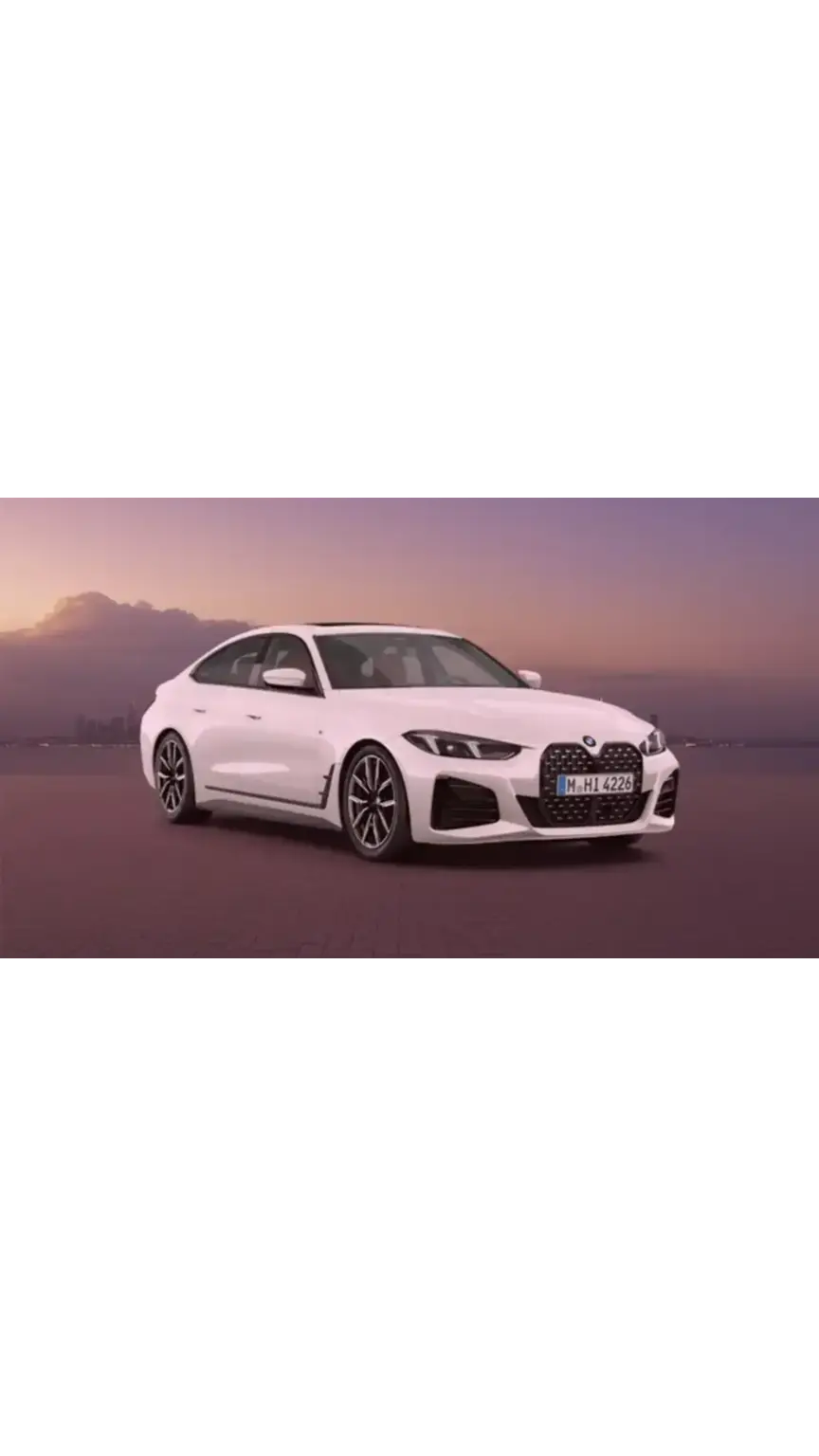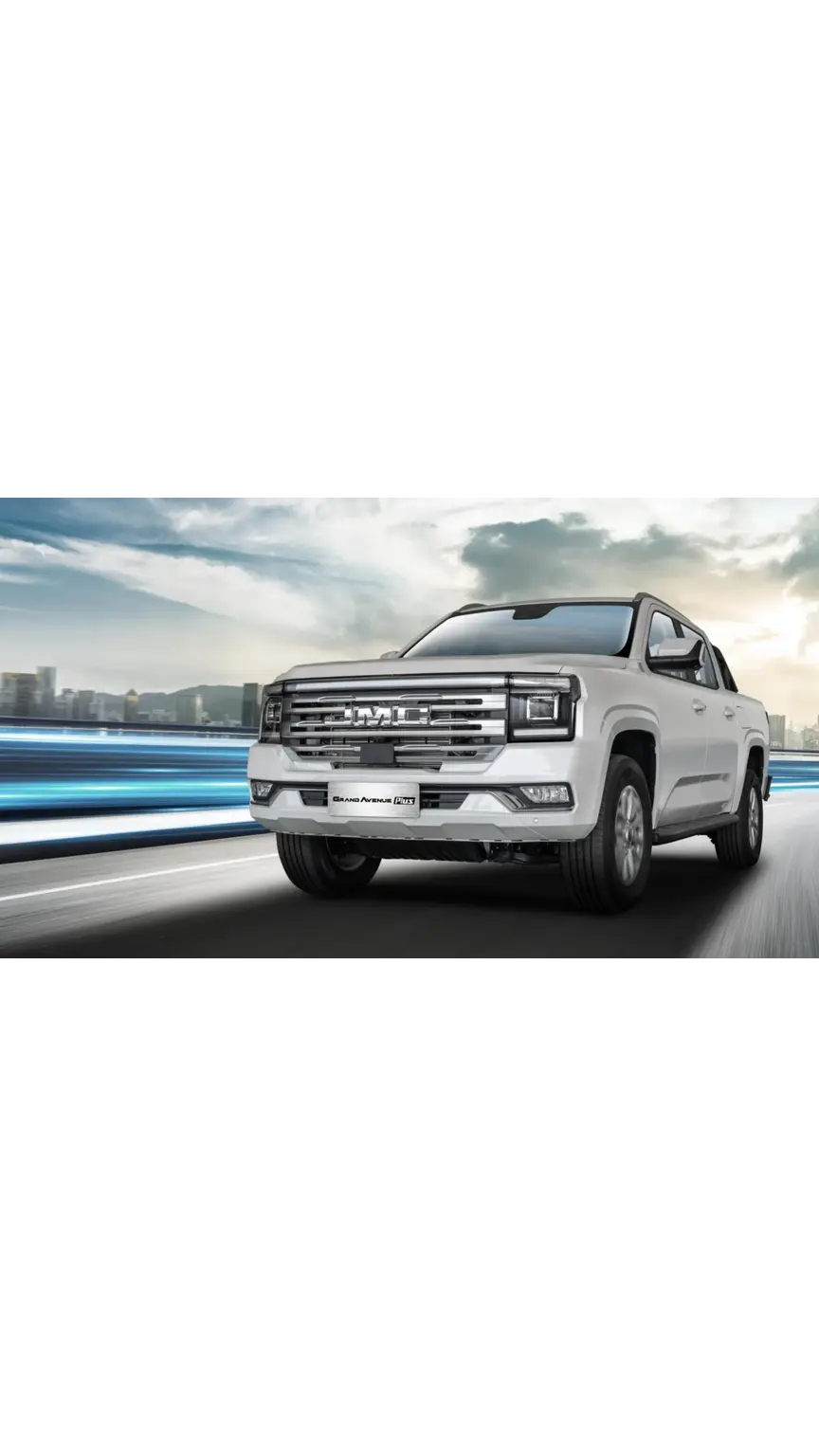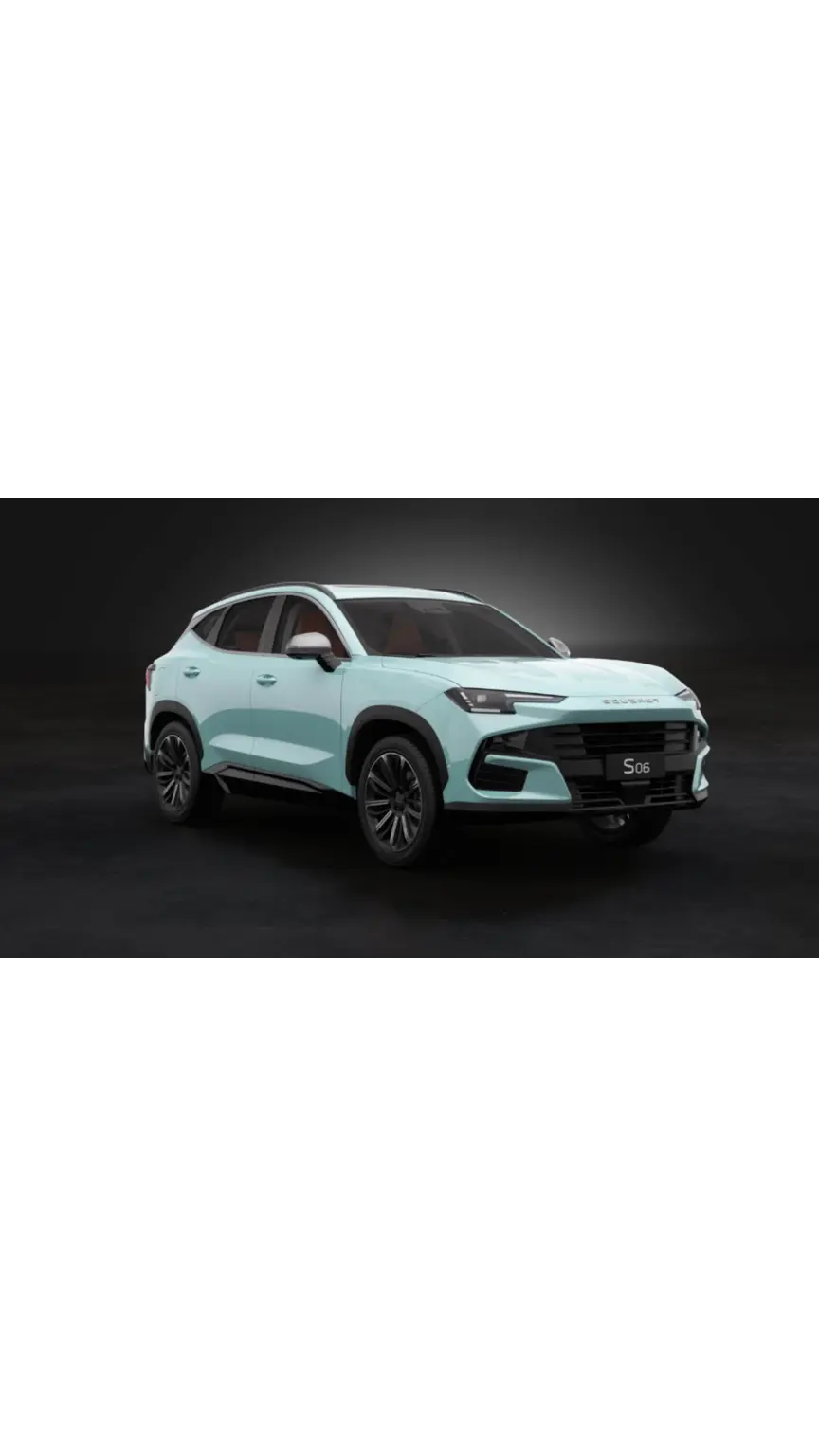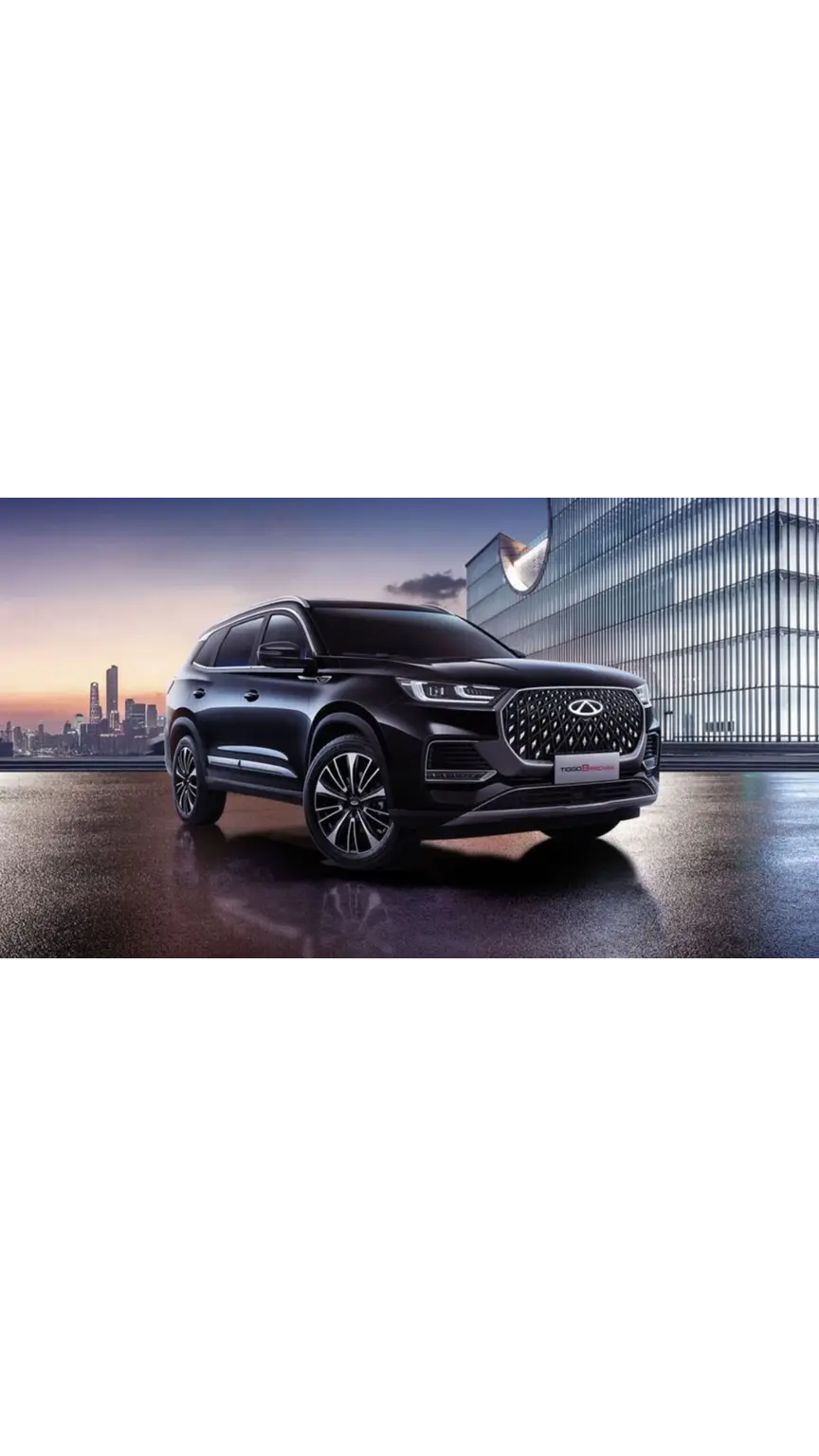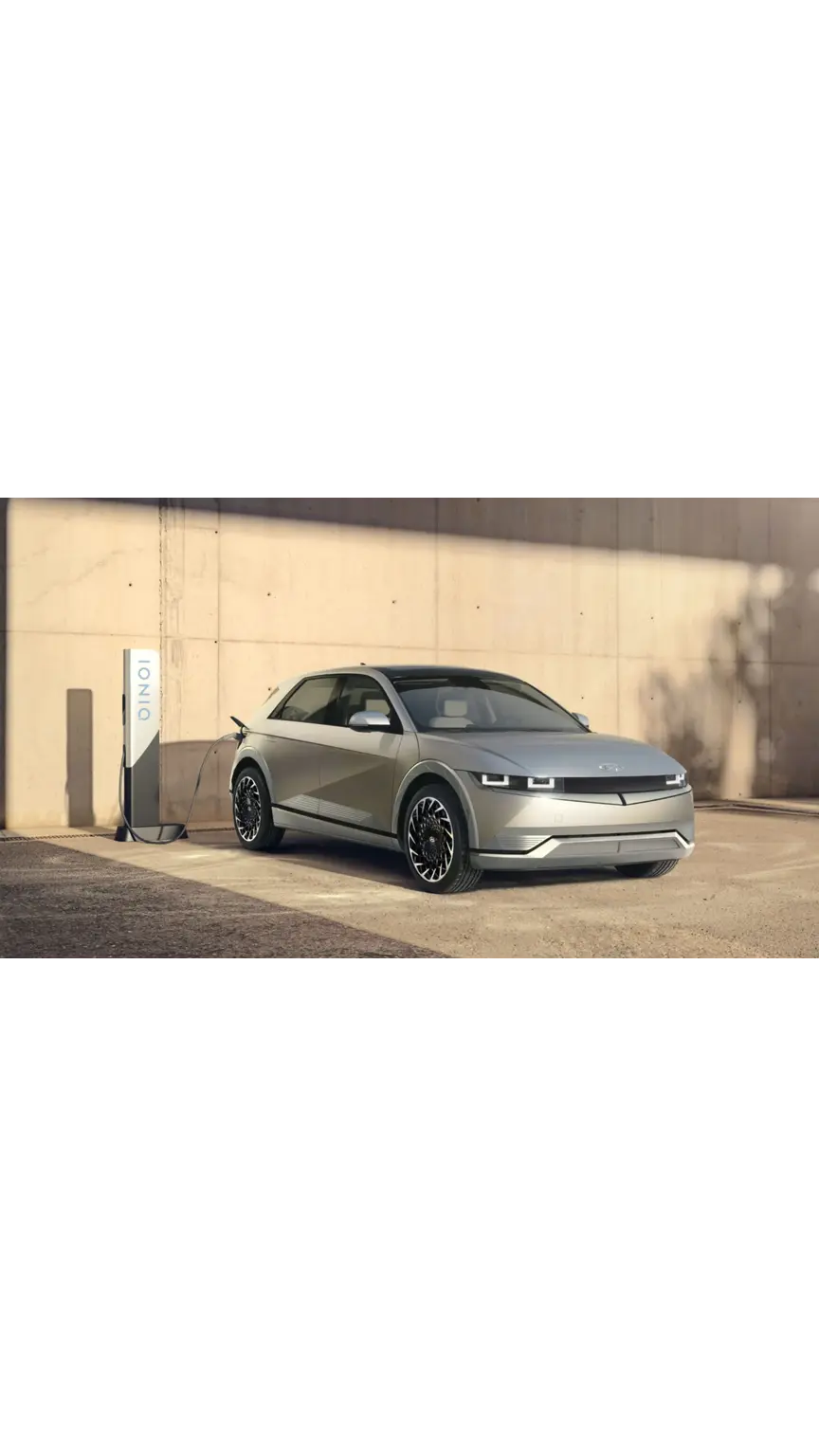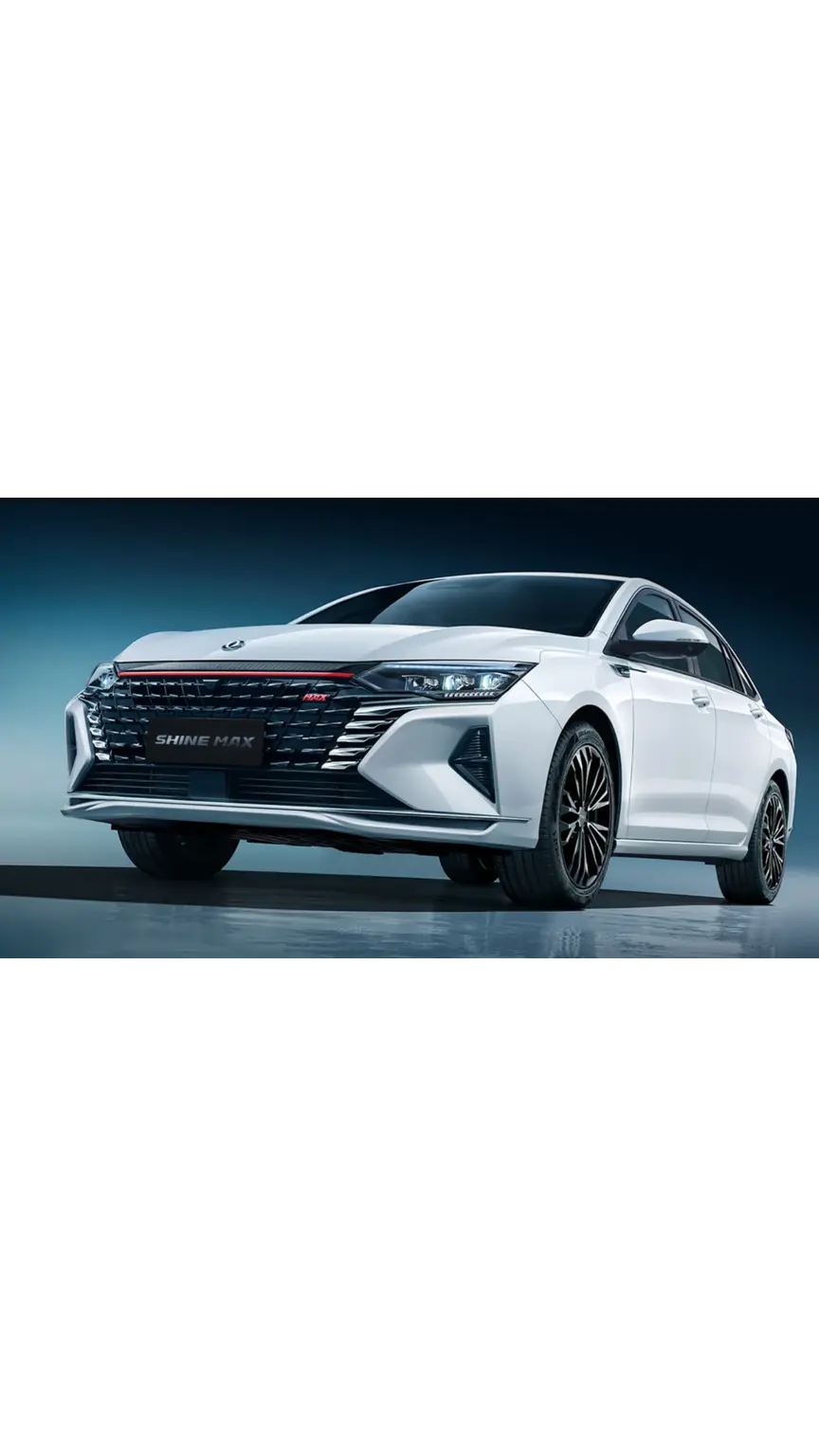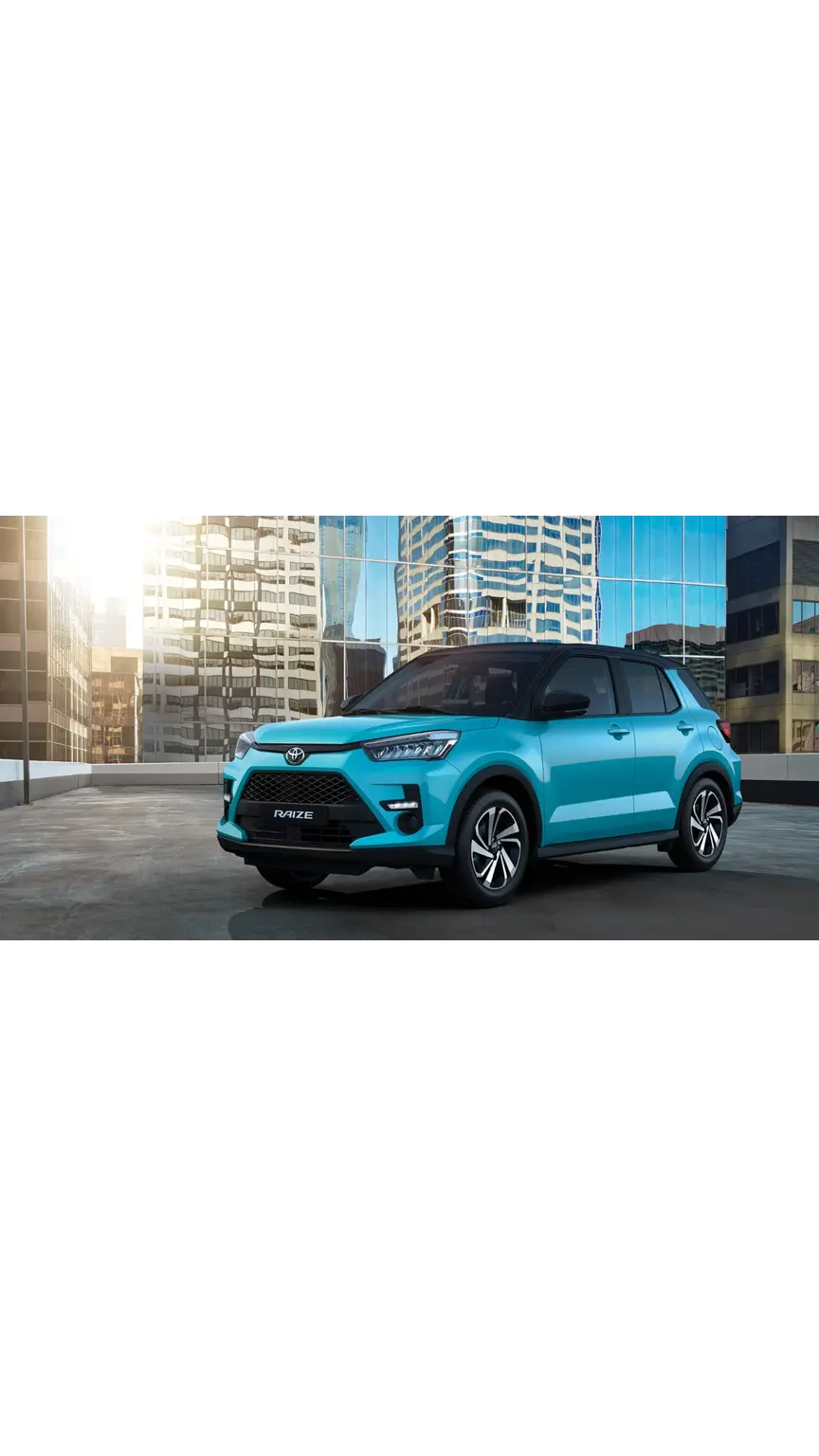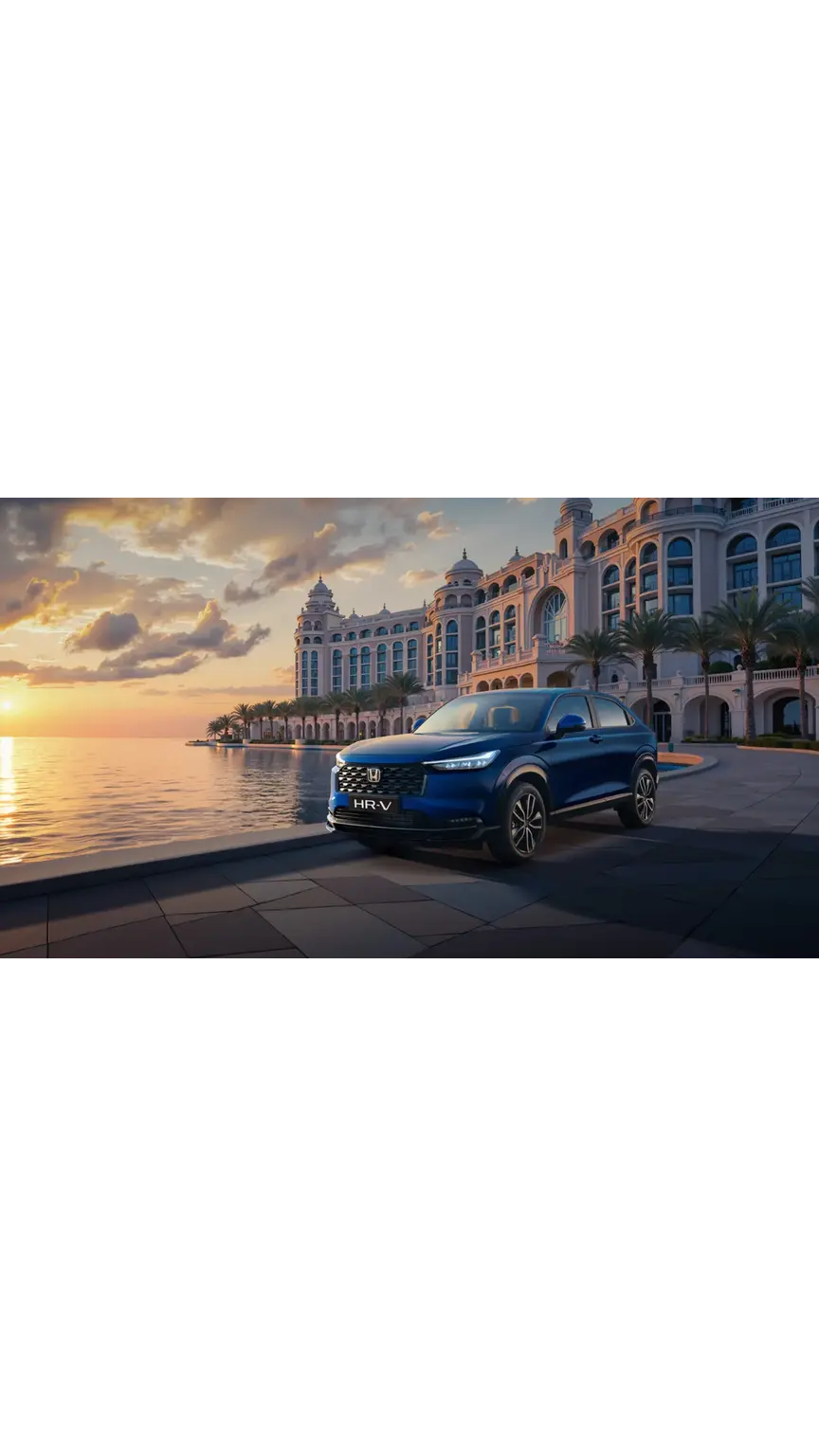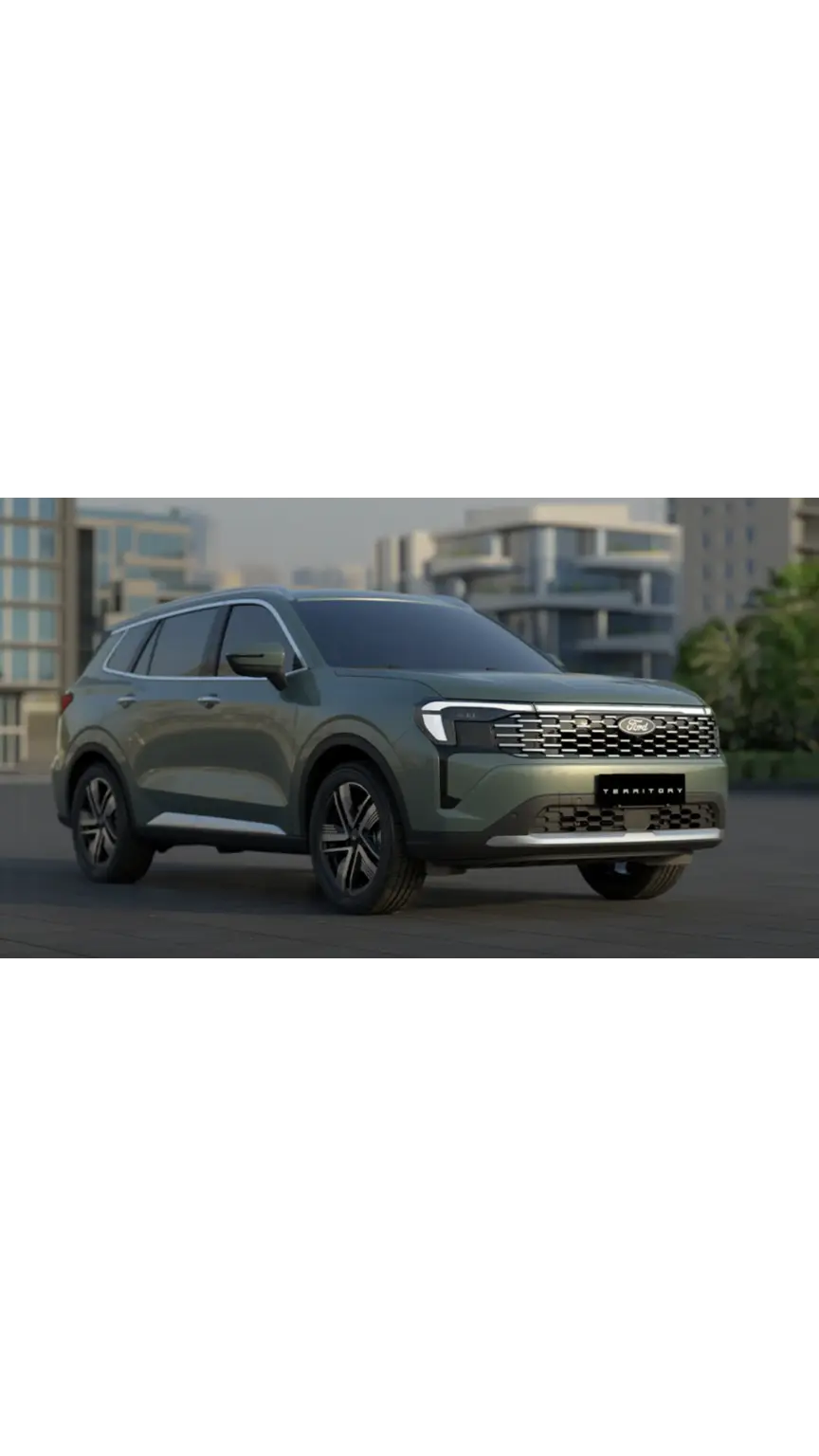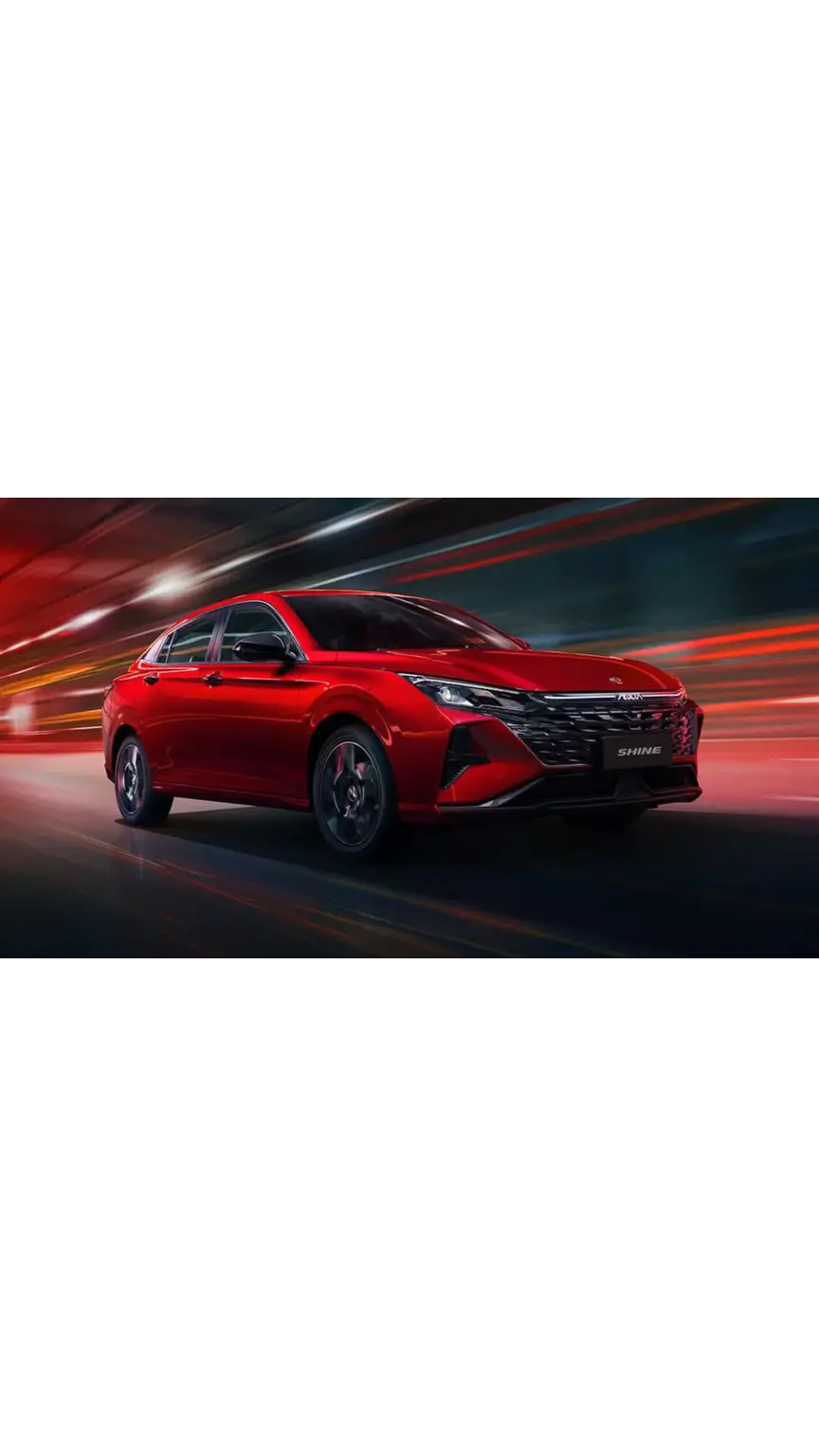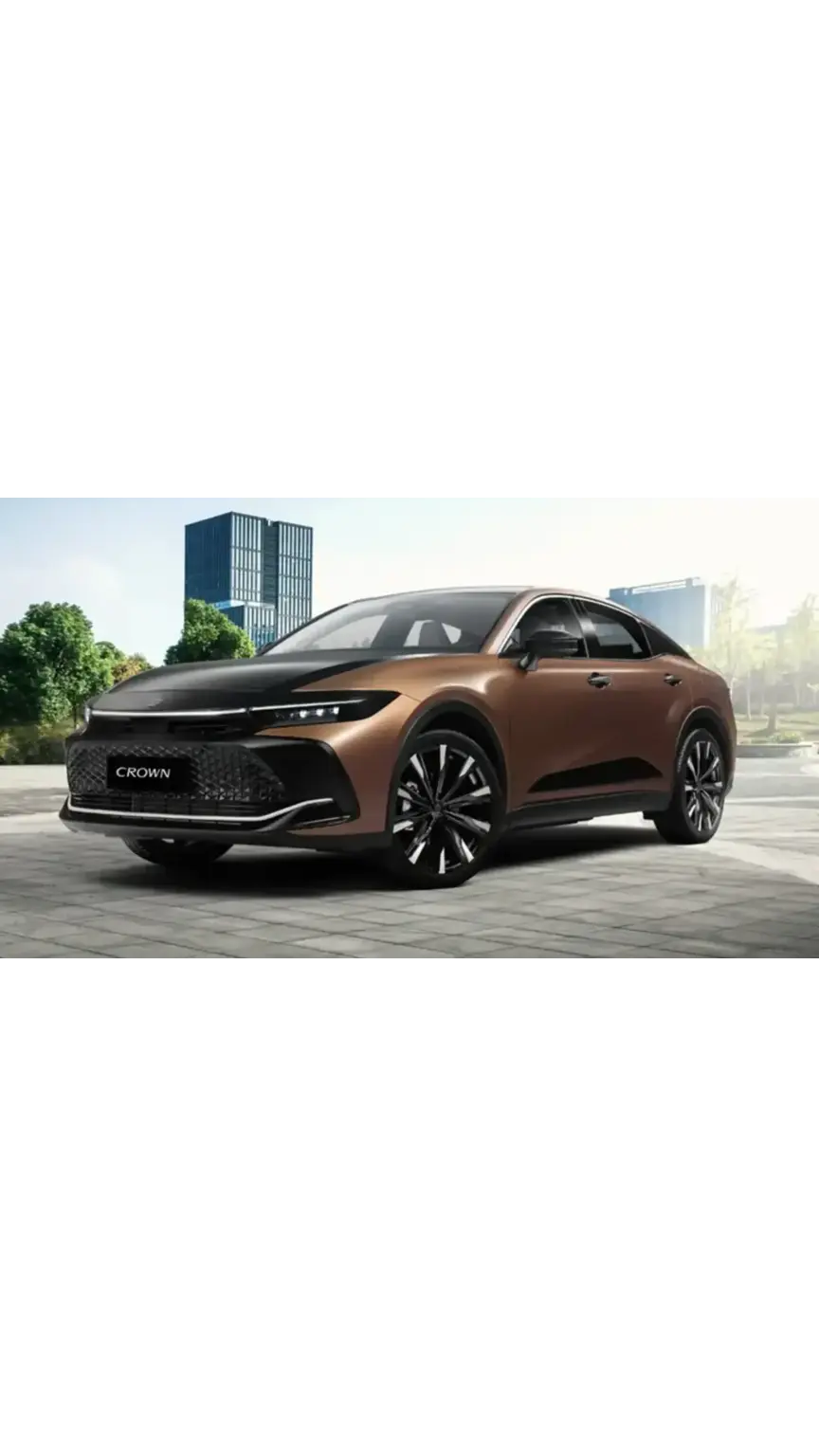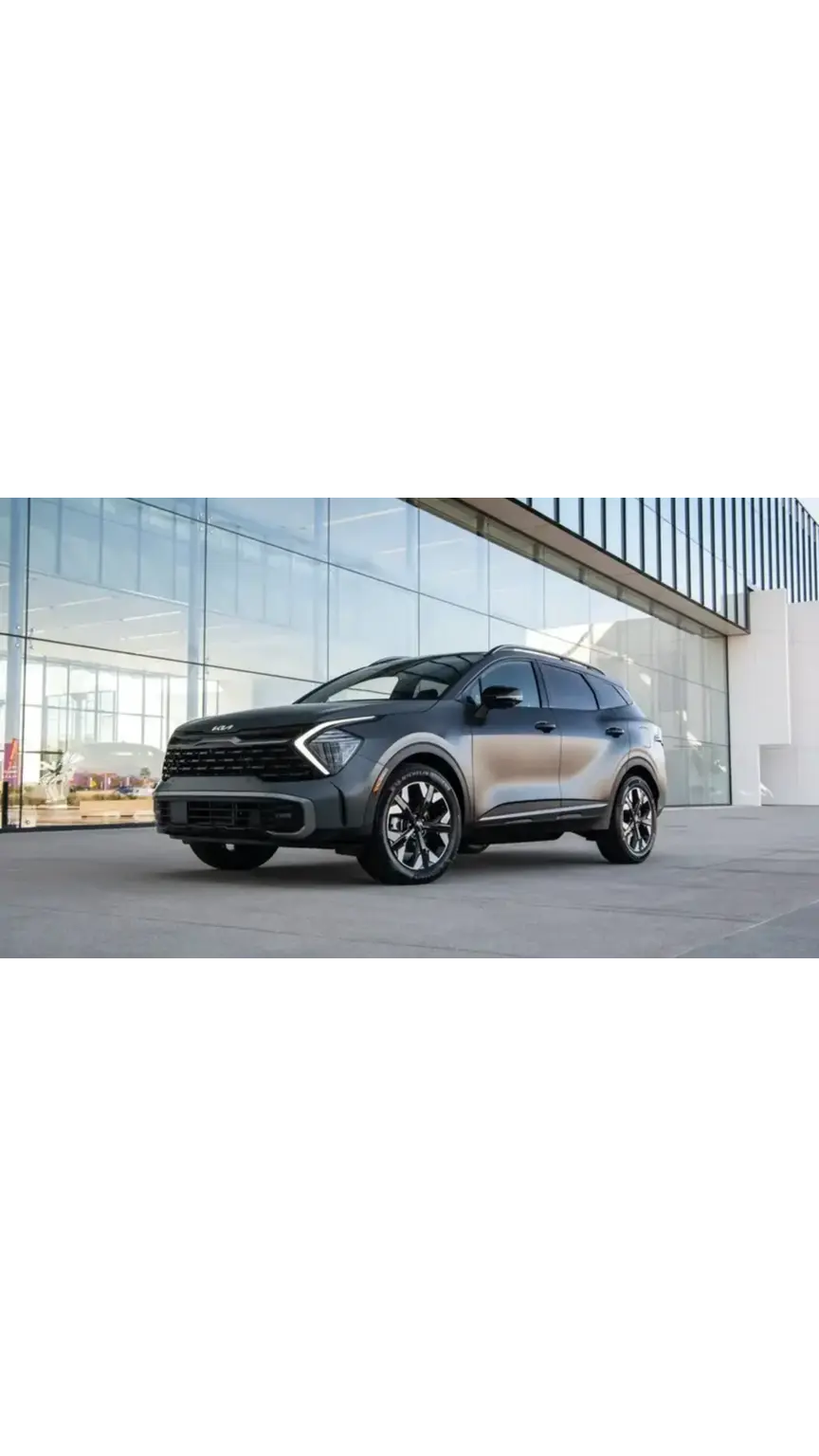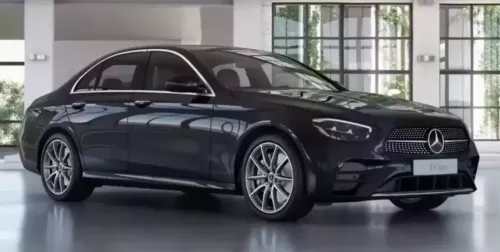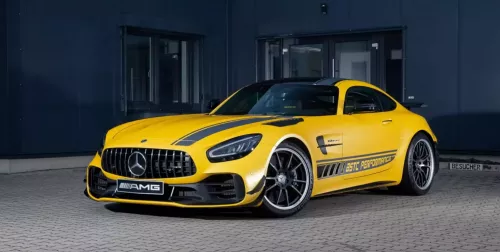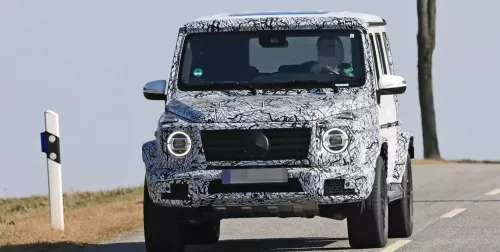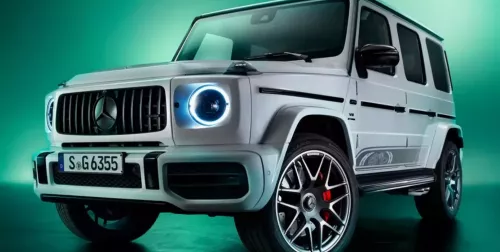Mercedes-Benz has revealed that its goals and hopes to have a CO2-neutral fleet of new passenger cars by 2039, which is in the next decade, so the German carmaker, Mercedes, has identified a number of new processes and materials that it will introduce in its upcoming lineup of cars, which will be built from recycled materials an average of 40 percent.
The new fleet will be one of these initiatives, with an average of 40% recycled components.
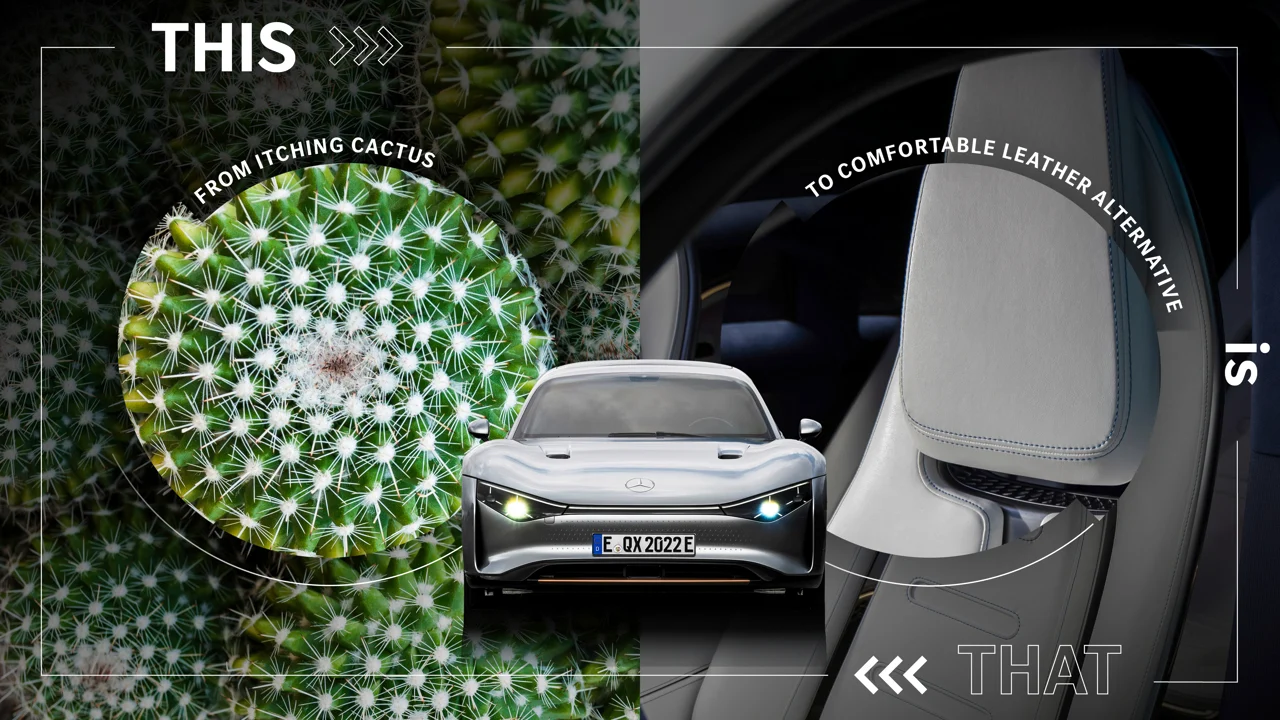
In this context, Markus Schäfer, Mercedes’ chief technology officer, says “our vision is to transform our entire value chain into as closed a loop as possible.”
“Our series-production vehicles already contain a large number of recycled materials. Within the next ten years, we will increase the share of secondary raw materials in our passenger car fleet to an average of 40 percent.” He added.
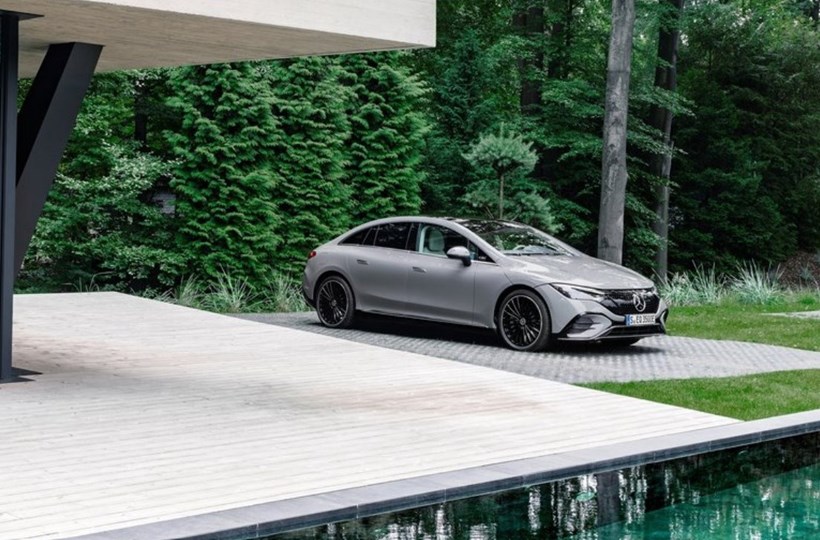
As we all know, Mercedes has a history of using recycled materials, such as fishing materials and PET bottles, as well as the use of chemical recycling, where those materials get subjected to chemical recycling, in order to create tires and other products.
As for the new materials, Mercedes will use many different and recycled materials, including the following:
- UBQ, it's a material made from converted mixed household waste, and a partially CO2-based foam called a polyol
- Polyol, it's a high-quality polyurethane foam that can be utilized in automotive applications such as rear seat cushions. Up to 20% of the material is chemically bound carbon dioxide, which would otherwise be released into the atmosphere
- Carpets are made from bamboo fibers
- Silk-like material that’s totally free of animal products
- Leather alternatives, using powdered cactus fibers and fungal mycelia as a way to avoid using leather
However, if buyers want leather, the manufacturer will begin supplying only responsibly produced leather. This means that the automaker will investigate the entire leather production process, It will only source leather from suppliers that comply with animal welfare rules.
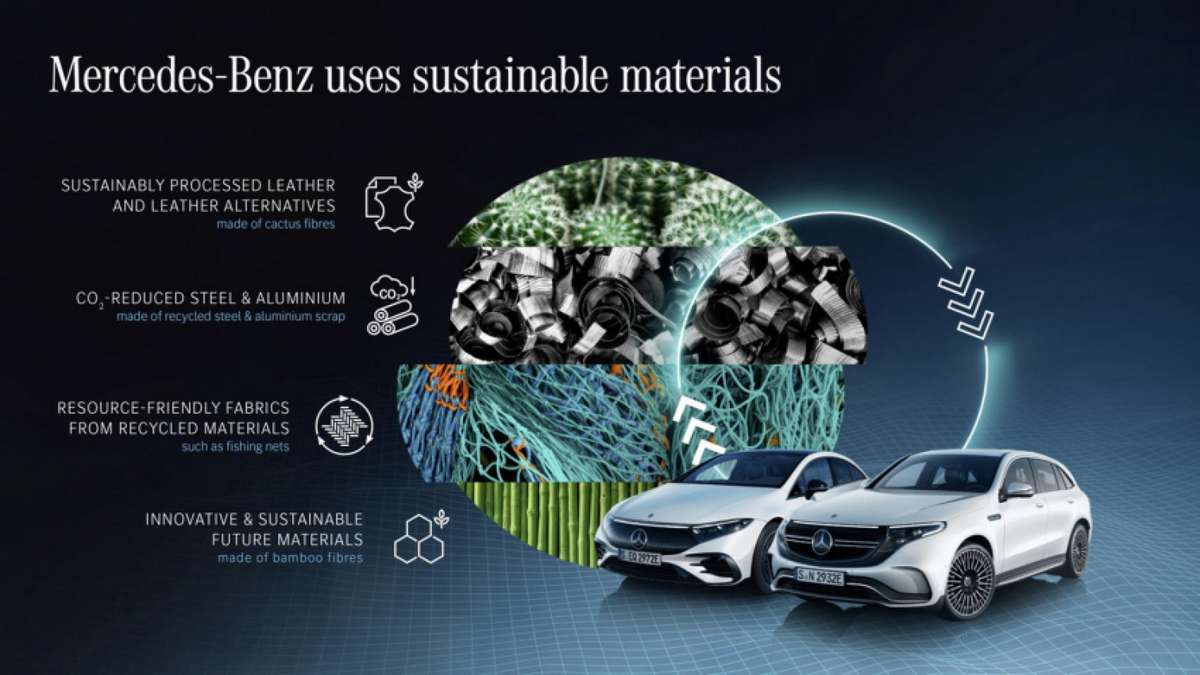
In addition to that, Mercedes also intends to cut CO2 emissions from steel manufacture in its vehicles. The structural castings of the Mercedes-AMG SL are built from die-cast alloys containing up to 100 percent recycled aluminum scrap. According to the company, this cuts CO2 emissions by more than 90%.
“Sustainability is the foundation of all Mercedes-Benz research and development activities,” says Schafer. “Our goal is to be the technology leader in environmental engineering by achieving more with less. To this end, we are accelerating our innovation speed and bringing new, sustainable technologies into series production as quickly as possible.” He added.
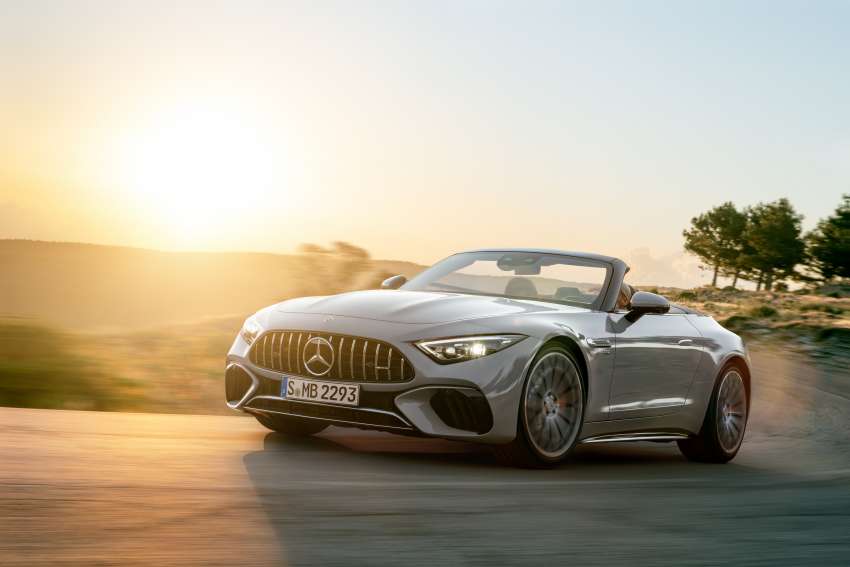
For more news about Mercedes, Click here.
For more news about cars & other brands, you can visit Motory website.






